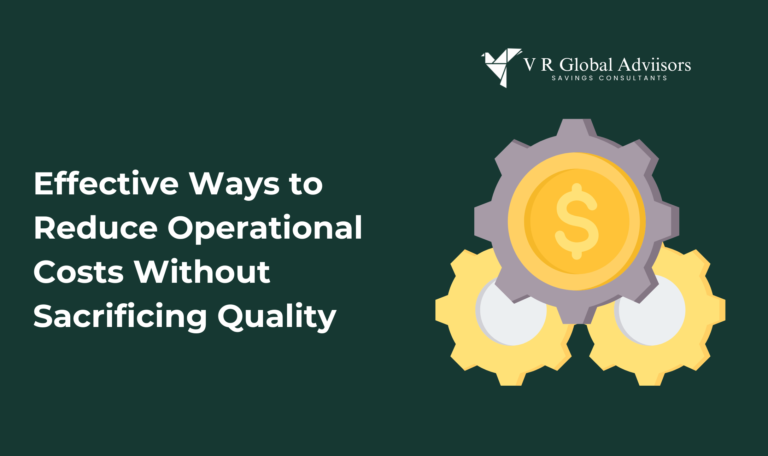Reducing operational costs is essential for improving profitability, but it should not come at the expense of quality. Striking a balance between cost reduction and maintaining high standards is key to ensuring customer satisfaction and long-term business success. Here are some effective ways to reduce your operational costs without compromising quality. 1. Embrace Automation Automation can significantly reduce labor costs while maintaining (or even improving) quality and efficiency. Automate repetitive tasks such as payroll, data entry, and customer communications to free up resources for more value-added activities. 2. Outsource Non-Core Tasks Non-core business functions like IT support, HR, or accounting can be outsourced to specialized providers at a lower cost than maintaining in-house teams. Outsourcing ensures you receive expert support while reducing overhead costs. 3. Optimize Supply Chain Management Streamlining your supply chain can help you reduce operational costs. Negotiate better terms with suppliers, consolidate orders to take advantage of bulk discounts, and review your inventory management to minimize holding costs and waste. 4. Implement Energy Efficiency Measures Energy costs can be a significant drain on resources. Invest in energy-efficient appliances, lighting, and HVAC systems, and encourage energy-saving practices among employees. These measures can reduce energy consumption and lower utility bills. 5. Reassess Your Workforce Structure Evaluate your staffing levels to ensure you’re not overstaffed or underutilizing employees. Consider offering flexible work arrangements, such as part-time roles or remote work, to reduce office space requirements and associated costs. Conclusion Reducing operational costs doesn’t mean sacrificing the quality of your products or services. By leveraging automation, outsourcing, and strategic supply chain management, you can minimize expenses while maintaining or even improving your business performance.



